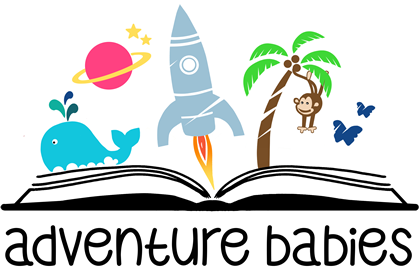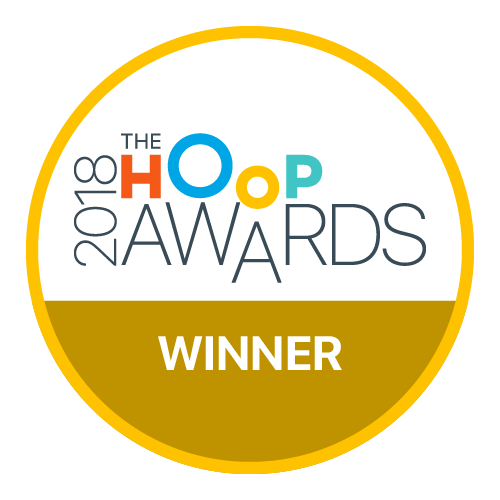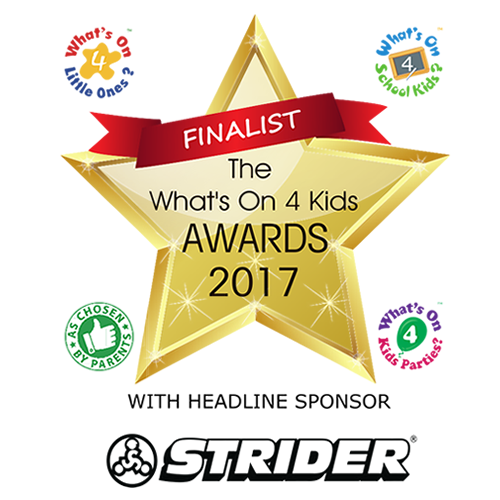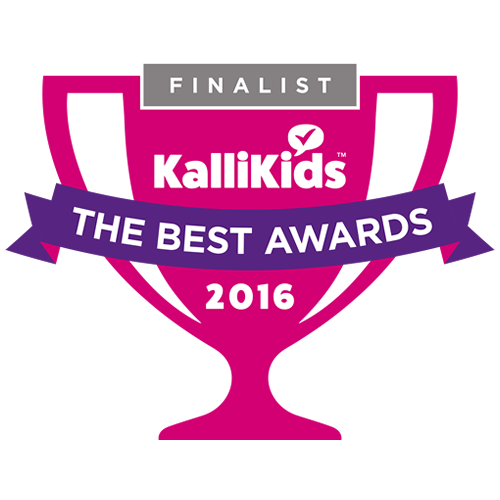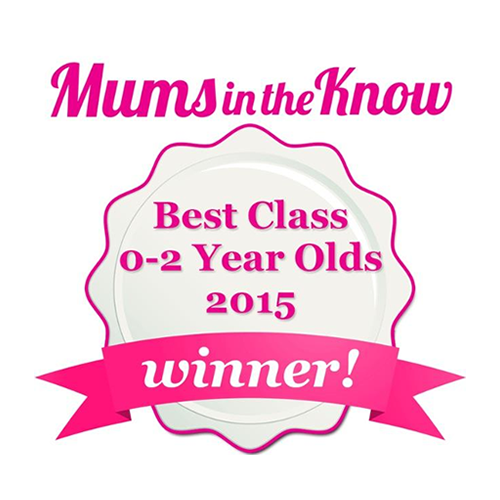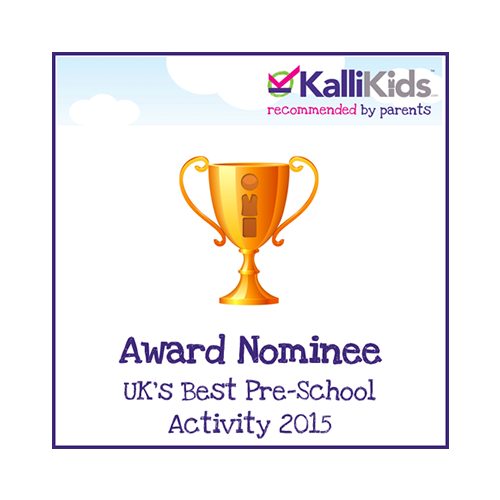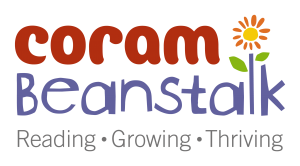Parenthood is basically one long game of charades—interpreting wild hand gestures, deciphering cryptic cries, and celebrating when your baby finally manages to say something that isn’t just an adorable babble. But how exactly does language development in babies and toddlers happen? And what can you do to support it? If you’ve ever Googled “how to support language development in babies and toddlers,” you’re not alone—we’ve got the answers for you!
What is Language and Communication Development?
From the moment your baby is born, they’re already wired to communicate. Crying? That’s communication. Giggling at your funny face? Also communication. By the time they reach toddlerhood, they’re mastering words, stringing sentences together, and demanding snacks with a level of clarity that rivals a seasoned negotiator.
Language development in babies and toddlers covers everything from sounds and gestures to understanding and expressing words. It’s not just about talking—it’s also about listening, processing, and responding (even if that response is just an enthusiastic “uh-oh” as they knock over their snack bowl).
How Can You Support Language Development at Home?
The best part? You’re already doing it. Every conversation, silly song, and dramatic reading of That’s Not My Dinosaur is helping your baby become a little chatterbox. But if you’re looking to up your game, try these:
Narrate Your Day – Think of yourself as the voiceover to your baby’s life. “Now we’re putting on your socks! One sock, two socks! Oh wow, your toes are so wiggly today!” It might feel a bit ridiculous, but it’s gold for language development.
Read, Read, Read – Books introduce new words, rhythms, and concepts. Bonus points for using different voices (your dramatic reading of The Gruffalo deserves an award, honestly).
Sing and Rhyme – Nursery rhymes, silly songs, and rhythmic play help babies tune into language patterns.
Pause and Respond – Give your baby time to ‘reply’ when you talk. Those little coos and babbles? That’s the start of a conversation!
Use Gestures – Pointing, waving, and signing simple words like “more” or “all done” can bridge the gap between understanding and speaking.
What to Look Out For?
Every baby develops at their own pace (seriously, we can’t stress this enough), but here are some general milestones:
By 6 months – Responds to their name, babbles with different sounds, starts to imitate noises.
By 12 months – May say simple words like “mama” or “dada,” understands simple commands, uses gestures.
By 18 months – Has a growing vocabulary (10-20 words), starts combining words (“more snack”), follows simple instructions.
By 2 years – Puts together two-word sentences, knows about 50+ words, enjoys copying what you say (so, uh, watch what you say).
If you’re ever concerned, don’t panic—every baby has their own timeline. But if by 18-24 months there’s very little babbling, pointing, or word use, a chat with a health professional can help rule out any issues.
Why Adventure Babies is THE Place for Language Development
Okay, so we’ve covered the science, but let’s talk action. Adventure Babies classes are literally designed to supercharge language and communication skills. Here’s how:
Storytelling that Captivates – Our immersive storytelling sessions introduce babies and toddlers to rhythm, language, and expression in a way that’s fun, interactive, and engaging.
Sensory Play that Sparks Connections – Touch, sound, and movement all work together to reinforce communication skills.
Social Interaction that Builds Confidence – Babies and toddlers learn from each other! Watching, listening, and responding to other children (even if it’s just snatching their toy and running off) is part of the process.
Expert-Led Sessions that Feel Like Magic – We know baby development inside out, and every session is designed to support communication, movement, bonding, and overall growth.
